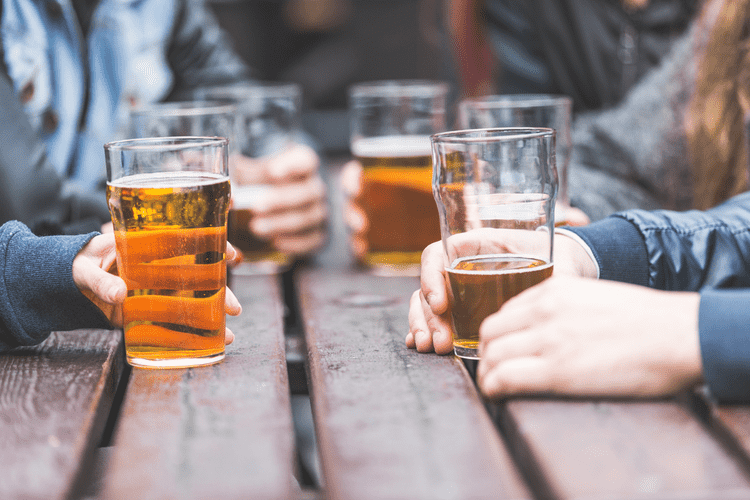Dry Drunk Behavior, Symptoms and Recovery
Individuals may also experience persistent cravings, unresolved psychological issues, and https://makeoverfinishesgroup.com/7-strategies-to-use-to-beat-alcoholism-florida/ difficulty adjusting to a sober lifestyle, hindering their overall well-being and recovery progress. The term “dry drunk” describes unhealthy beliefs and behaviors that can remain after completing addiction treatment. People with alcohol addiction may struggle with destructive thoughts and habits that keep them from truly moving forward. Fortunately, many resources are available for people suffering from dry drunk syndrome to help them cope and recover.
Complacency In Recovery
It refers to traits and behaviors often seen with alcohol use that persist into recovery. Holistic approaches incorporating nutrition, exercise, spiritual practices, and mental health management create sustainable recovery foundations. Incorporating regular physical activity not only improves physical health but also releases endorphins, which can enhance mood and support emotional well-being. Though easier said than done, techniques like mindfulness meditation, cognitive behavioral strategies (CBT), and professional counseling can help individuals develop healthier emotional responses.
- We’ll explore the differences between Dry Drunk Syndrome and withdrawal symptoms, so you can gain a clearer understanding of what you might be experiencing.
- Any form of addiction recovery is the result of refusing to grow emotionally or deal with psychological issues.
- One moment, an individual might appear calm; the next, they’re overwhelmed by intense, seemingly inexplicable emotions.
- If these people do not learn alternative healthy coping mechanisms, they will naturally fall back to their old ways.
- The goal is to fill the time you once spent drinking with activities that are enjoyable and engrossing.
Dry Drunk Behavior Patterns
Recovery is often referred to as an identity transition that not only involves quitting dry drunk syndrome drinking but also identifying and reworking the factors that led to alcohol misuse. Those of us recovering from Alcohol Use Disorder (AUD) may experience dry drunk syndrome — especially if we try to white-knuckle sobriety. White knuckling in recovery refers to leaning solely on willpower to stop drinking, often without any outside support or treatment.
Table of Contents

Learning not to react impulsively to negative thoughts and feelings is an integral lesson of behavioral therapy. During these sessions, people in recovery are taught how to tide over negative thoughts and feelings that daily living stresses almost inevitably bring on. If they cannot cope with negativity healthily, they feel compelled heroin addiction to reach out for a drink.

How long does dry drunk syndrome typically last?
In contrast, active addiction involves ongoing substance abuse and dependence, with individuals actively engaging in behaviors to obtain and use substances. ‘Dry drunk syndrome’ is a stigmatizing term no longer used in the field of substance use treatment. It was initially used to describe someone who is no longer drinking but has some of the same behavioral issues and difficulties they experienced when they were drinking.